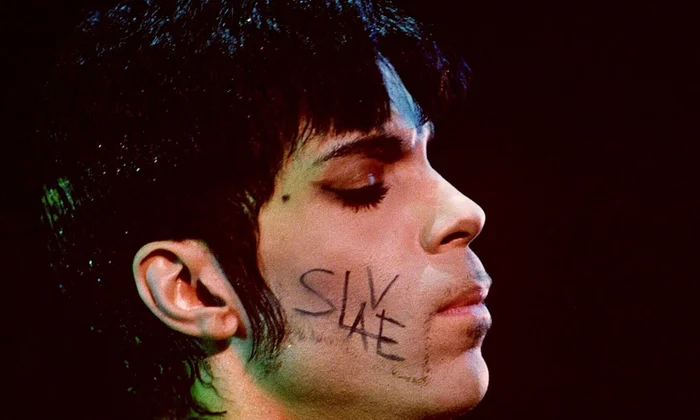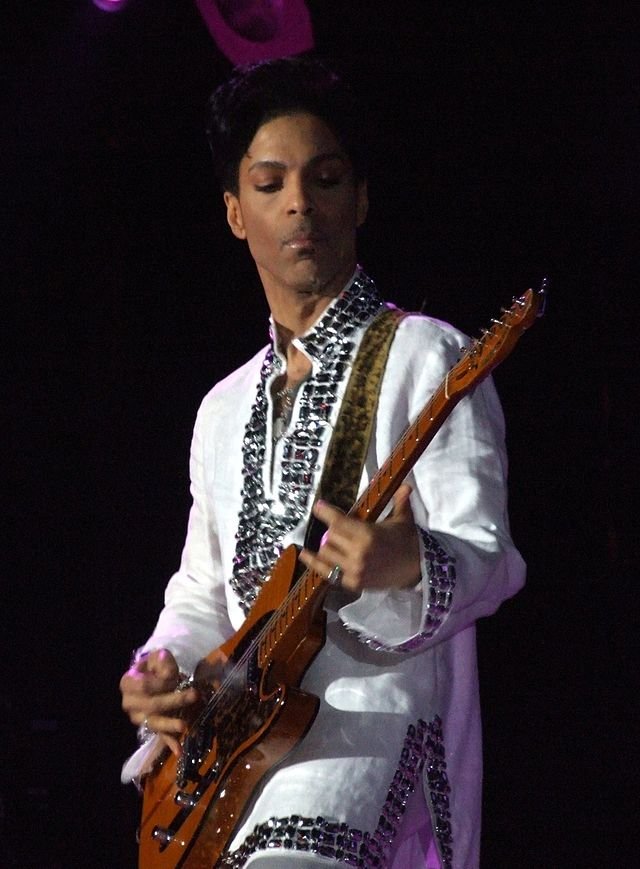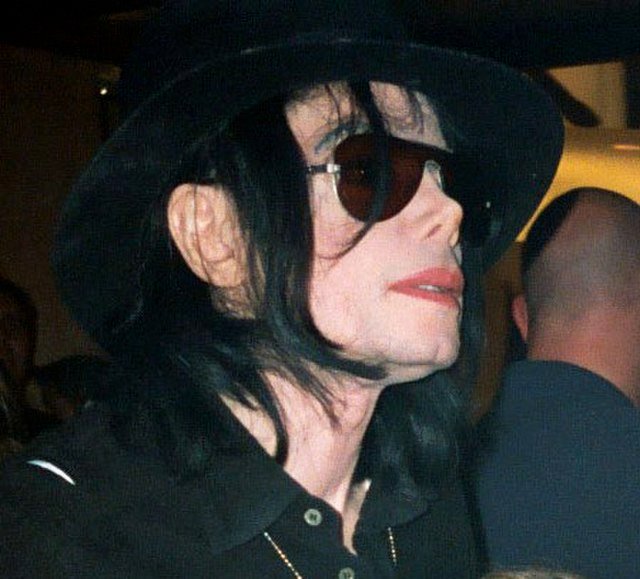In the music industry, owning your masters is everything. It means full control over your art, your legacy, and your earnings. But for decades, record labels held the power, locking artists into restrictive contracts.
Prince changed that.
This is the story of how he outmaneuvered Warner Bros., fought for his artistic freedom, and set the stage for future musicians to take control of their work.
Prince vs. Warner Bros.: The Battle Begins
By the early 1990s, Prince was one of the biggest artists in the world, with hits like Purple Rain, When Doves Cry, and Kiss. But behind the scenes, he was deeply unhappy.
Warner Bros. owned his master recordings and dictated when he could release new music. For an artist as prolific as Prince—who was constantly creating—this was suffocating.
He wanted out. But his contract tied him down.
The Symbol That Changed Everything
Frustrated by the label’s control, Prince took a radical step in 1993:
🔹 He changed his name to a symbol—a move that shocked the industry.
🔹 The symbol, a blend of male and female signs, was unpronounceable.
🔹 From then on, he was known as “The Artist Formerly Known as Prince.”
Why? Because Warner Bros. owned the name “Prince” in relation to music. But they couldn’t own a symbol. By legally changing his name, Prince broke free from their control—at least in spirit.
During this time, he also started performing with “SLAVE” written on his face. He wanted the world to know: if you don’t own your masters, you don’t own your music.
Outplaying the Record Label
Prince’s name change wasn’t just a publicity stunt—it was part of a calculated plan.
He continued releasing music under the symbol, fulfilling his contract with Warner Bros. on his terms. Once he had delivered the required albums, his deal was over.
In 2000, he officially reclaimed his name and his independence.
The Blueprint for Artist Freedom
Once free from Warner Bros., Prince embraced the direct-to-fan model, selling his music online before streaming was even a thing. He refused to put his songs on platforms like YouTube and Spotify unless he had full control.
He even offered exclusive albums on his own website—a move that artists like Taylor Swift and Kanye West would later echo in their own battles for control.
🎵 Want to see how artists today are fighting for their masters? Click here to read more.
Prince’s Legacy: “Own Your Masters”
Prince didn’t just fight for himself—he inspired a movement.
His battle with Warner Bros. became a cautionary tale for musicians. Today, more artists demand ownership of their work before signing deals.
📸 Check out this iconic image of Prince performing with “SLAVE” written on his face:

🎶 Discover how other artists took back their music: Read More
Final Thoughts
Prince once said:
“If you don’t own your masters, your master owns you.”
He refused to be controlled, and his fight changed the industry forever.
Did you know about Prince’s battle for his music? Drop a comment and share your thoughts!
📢 Want more stories like this? Subscribe here for exclusive content!
2/2



